H.R. 2843: Reconciliation in Place Names Act
This bill, known as the Reconciliation in Place Names Act, aims to create a systematic process for reviewing and changing geographic names in the United States that are considered offensive. Here’s a breakdown of what the bill entails:
Establish a Review Process
The bill establishes a formal procedure for the Board on Geographic Names, which is the entity that oversees the naming of geographic features, to review names deemed offensive. This includes:
- Names containing racial or sexual slurs.
- Names honoring individuals with racially offensive views or who committed atrocities against marginalized groups.
- Names that perpetuate derogatory stereotypes.
Advisory Committee Creation
An advisory committee, called the Advisory Committee on Reconciliation in Place Names, will be formed within 180 days of the bill's enactment. This committee's responsibilities will include:
- Advising the Board, the Secretary of the Interior, and Congress regarding renaming geographic features.
- Soliciting name change proposals from various stakeholders, including Indian Tribes, state and local governments, and the public.
- Reviewing submissions and making recommendations to the Board for renaming.
Membership of the Advisory Committee
The advisory committee will consist of 17 members, with specific representation to ensure diverse perspectives:
- 4 members from Indian Tribes.
- 1 member representing a Tribal organization.
- 1 member representing a Native Hawaiian organization.
- 4 members with backgrounds in civil rights or race relations.
- 4 members with expertise in relevant academic fields such as anthropology or history.
- 3 members from the general public.
Public Involvement and Transparency
The legislation emphasizes the need for public involvement in the renaming process, requiring the committee to:
- Solicit public comments on proposed name changes.
- Establish a transparent process for reviewing and proposing name changes.
Timeline and Review Process
Once the advisory committee submits a proposal for renaming, the Board on Geographic Names must accept or reject it within three years. The Board will generally approve the proposals unless there are compelling reasons to reject them.
Purpose and Goals
The overarching goal of this bill is to remove names from geographic features that perpetuate prejudice or honor individuals associated with racial injustice. It aims to create names that are more equitable, just, and reflective of America's cultural diversity.
Definitions
The bill also includes definitions for key terms such as "offensive place name" and outlines the types of names that would fall under this classification.
Relevant Companies
None found.
This is an AI-generated summary of the bill text. There may be mistakes.
Sponsors
19 bill sponsors
-
TrackAl Green
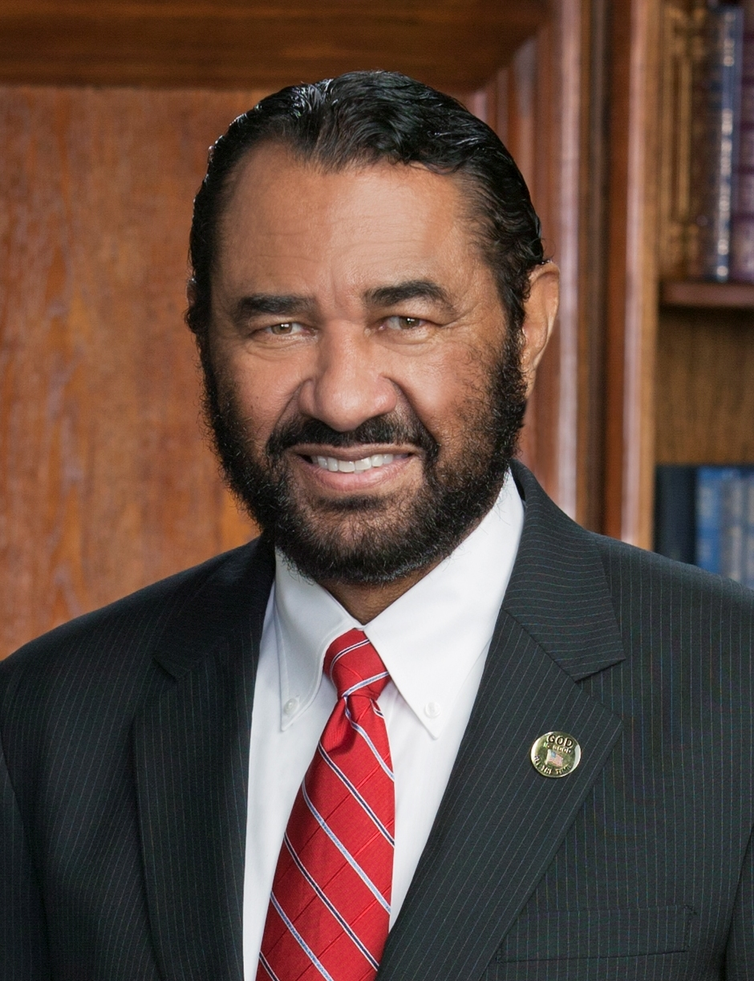
Sponsor
-
TrackYassamin Ansari
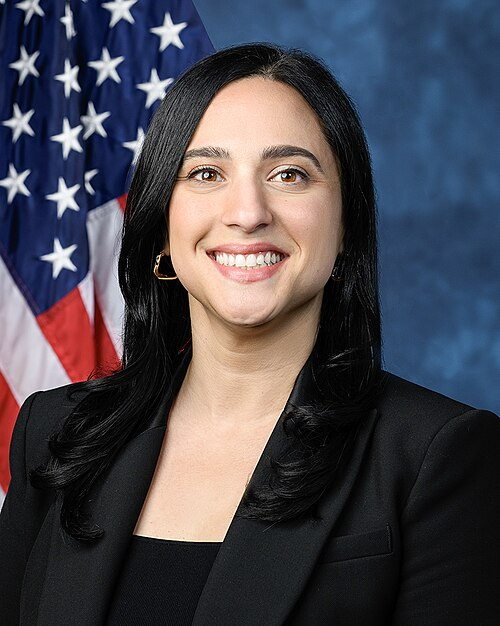
Co-Sponsor
-
TrackAndré Carson
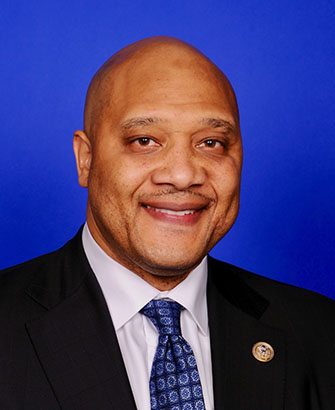
Co-Sponsor
-
TrackDwight Evans

Co-Sponsor
-
TrackJared Huffman
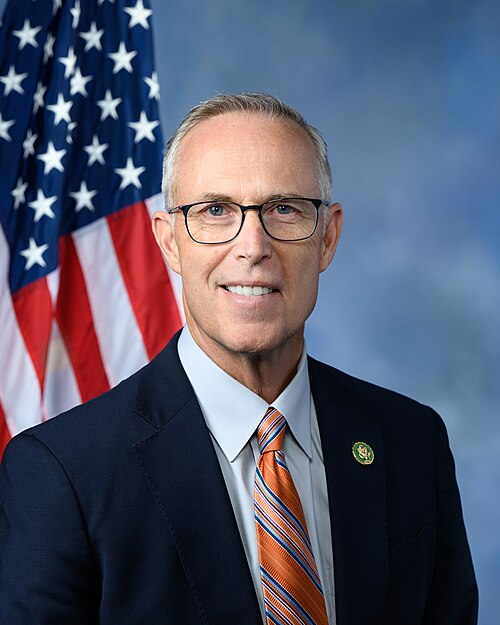
Co-Sponsor
-
TrackSara Jacobs
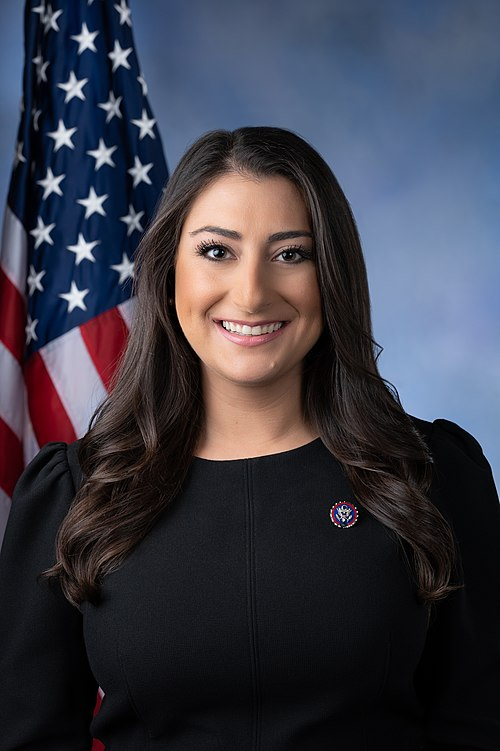
Co-Sponsor
-
TrackPramila Jayapal
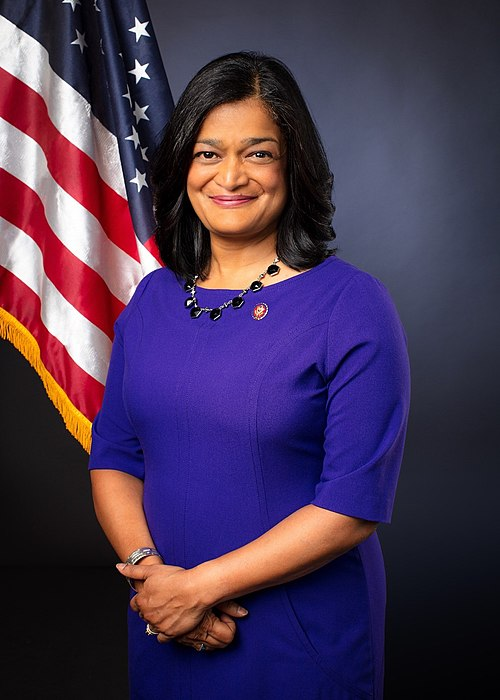
Co-Sponsor
-
TrackHenry C. "Hank" Johnson, Jr.
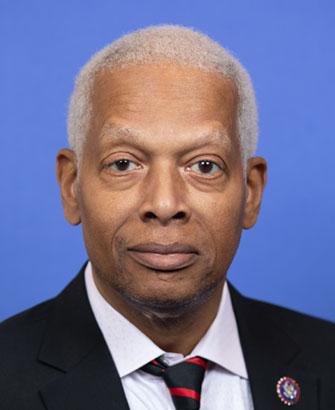
Co-Sponsor
-
TrackSydney Kamlager-Dove
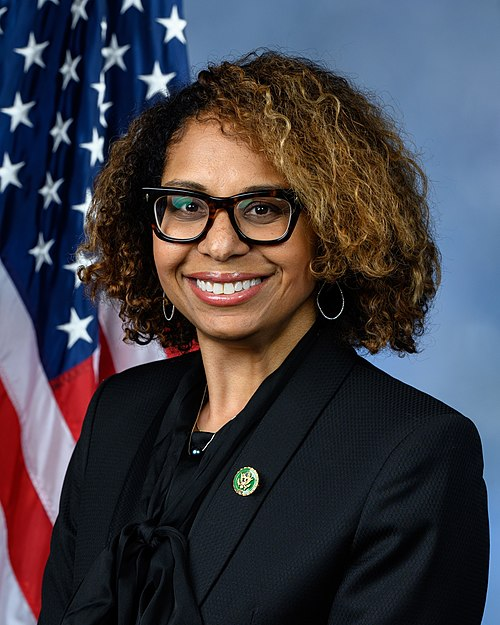
Co-Sponsor
-
TrackRobin L. Kelly
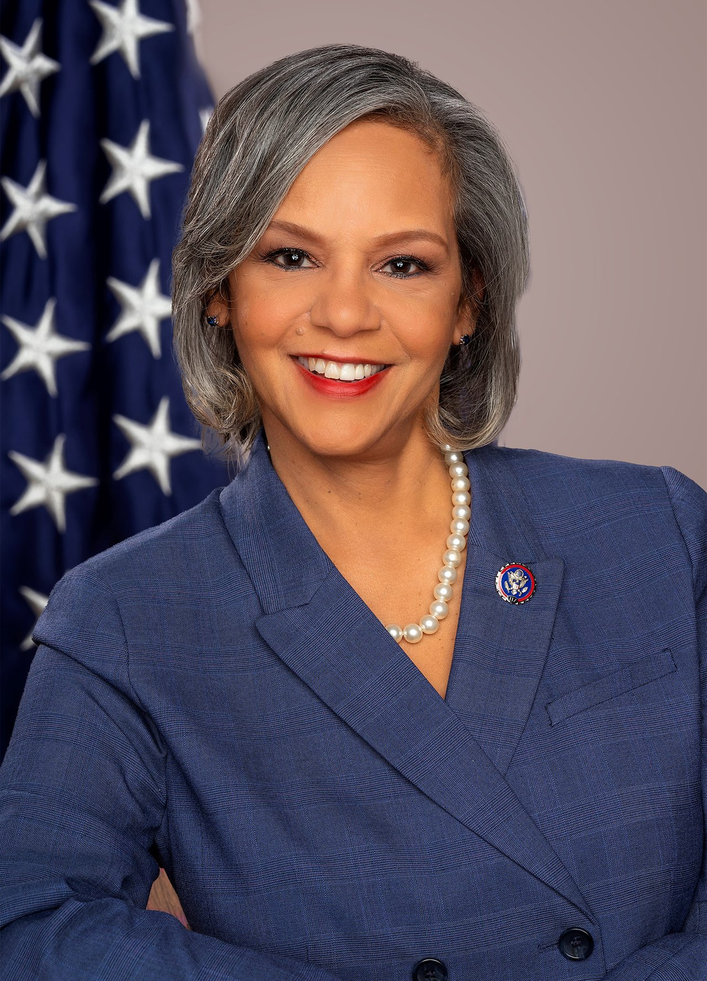
Co-Sponsor
-
TrackZoe Lofgren
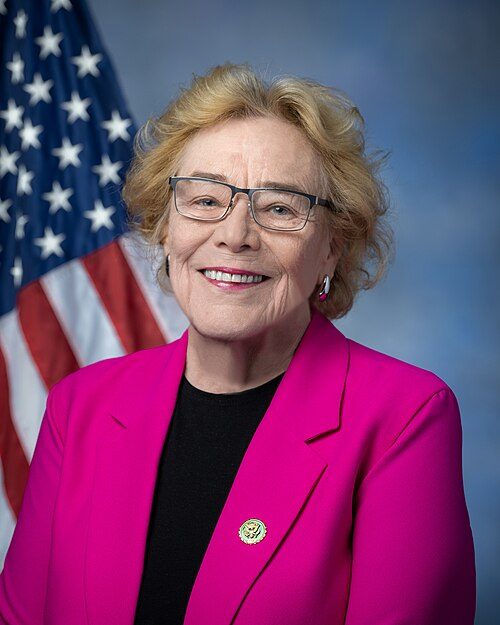
Co-Sponsor
-
TrackLaMonica McIver
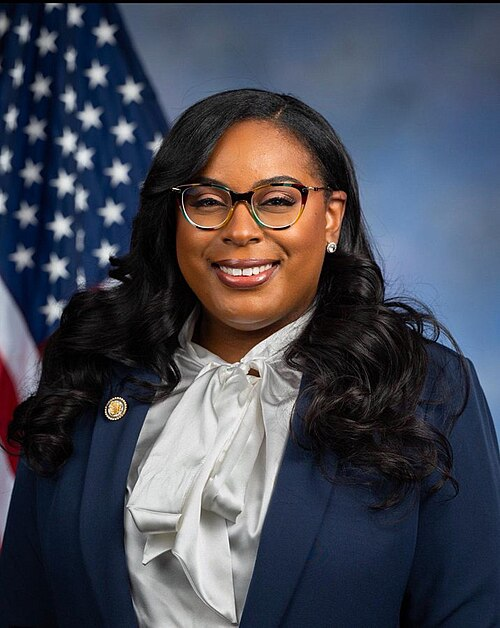
Co-Sponsor
-
TrackEleanor Holmes Norton

Co-Sponsor
-
TrackMike Quigley
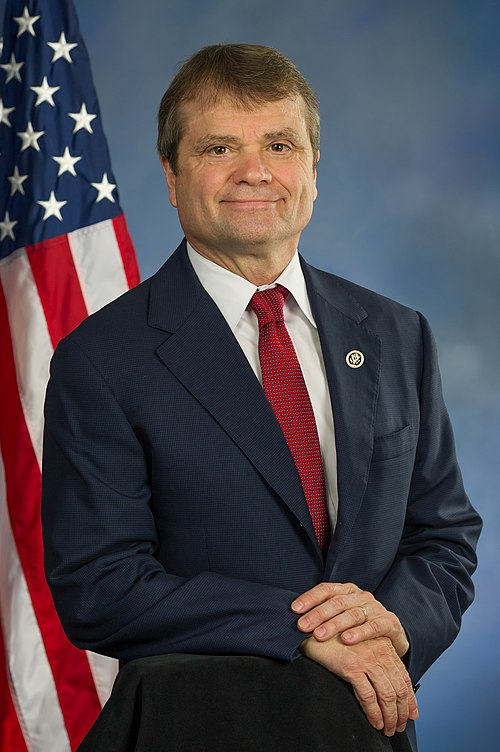
Co-Sponsor
-
TrackMelanie A. Stansbury
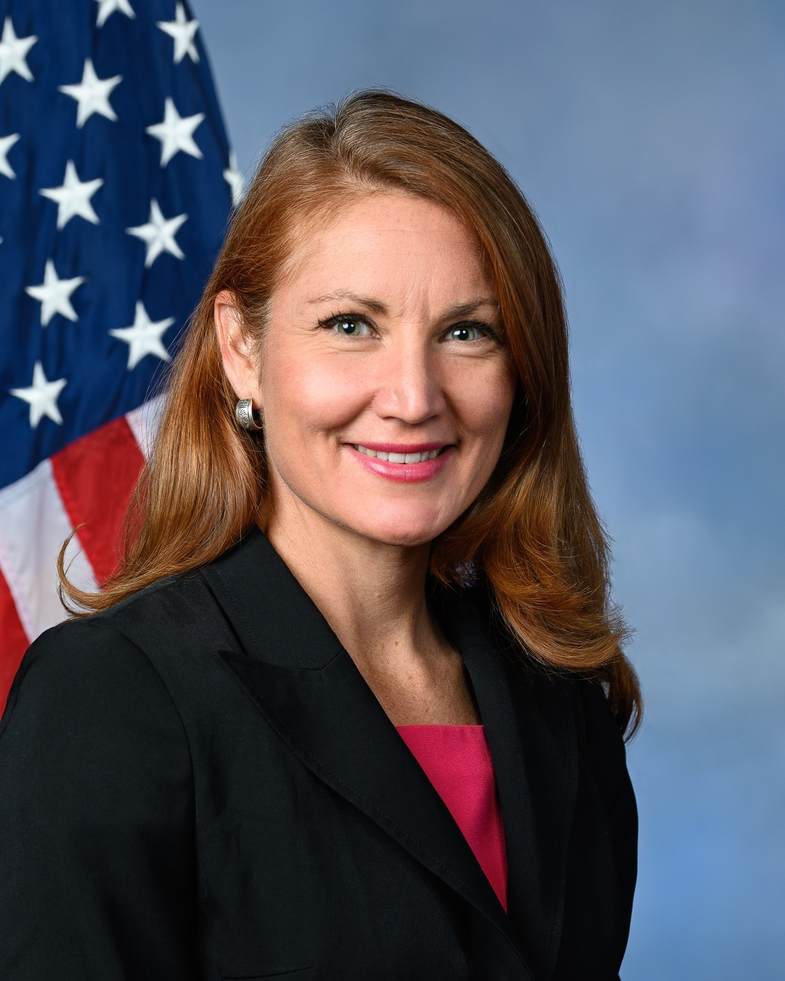
Co-Sponsor
-
TrackBennie G. Thompson
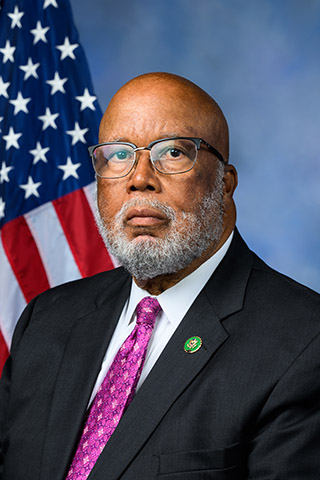
Co-Sponsor
-
TrackRashida Tlaib
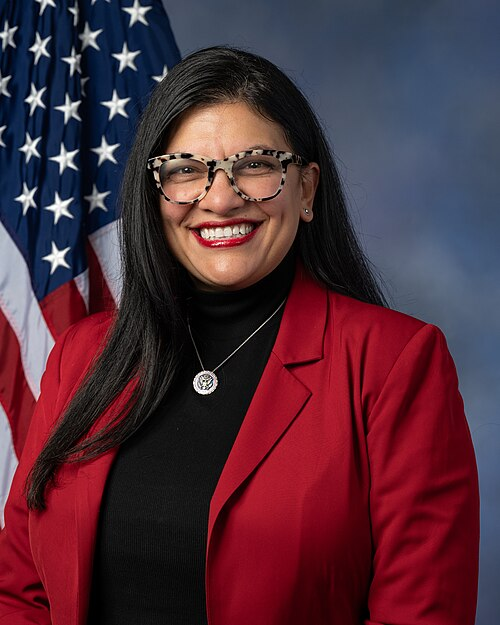
Co-Sponsor
-
TrackBonnie Watson Coleman
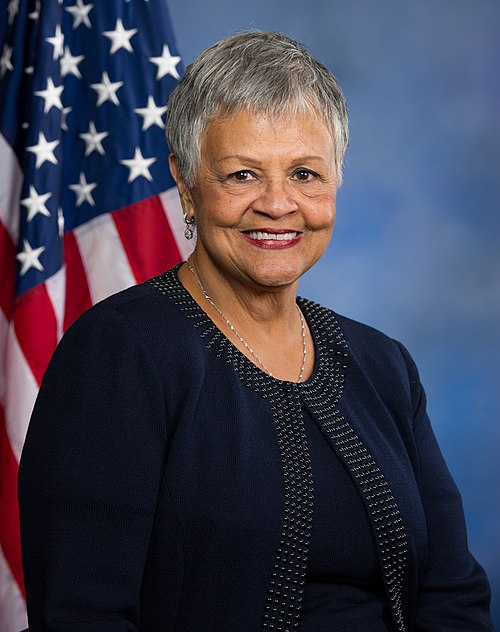
Co-Sponsor
-
TrackNikema Williams
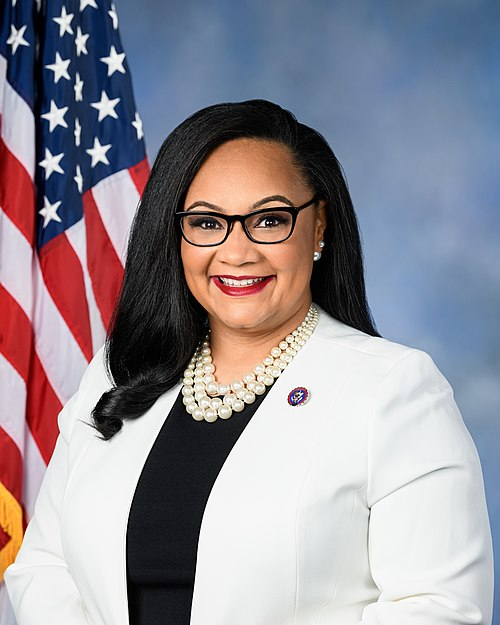
Co-Sponsor
Actions
2 actions
| Date | Action |
|---|---|
| Apr. 10, 2025 | Introduced in House |
| Apr. 10, 2025 | Referred to the House Committee on Natural Resources. |
Corporate Lobbying
0 companies lobbying
None found.
* Note that there can be significant delays in lobbying disclosures, and our data may be incomplete.
Potentially Relevant Congressional Stock Trades
No relevant congressional stock trades found.